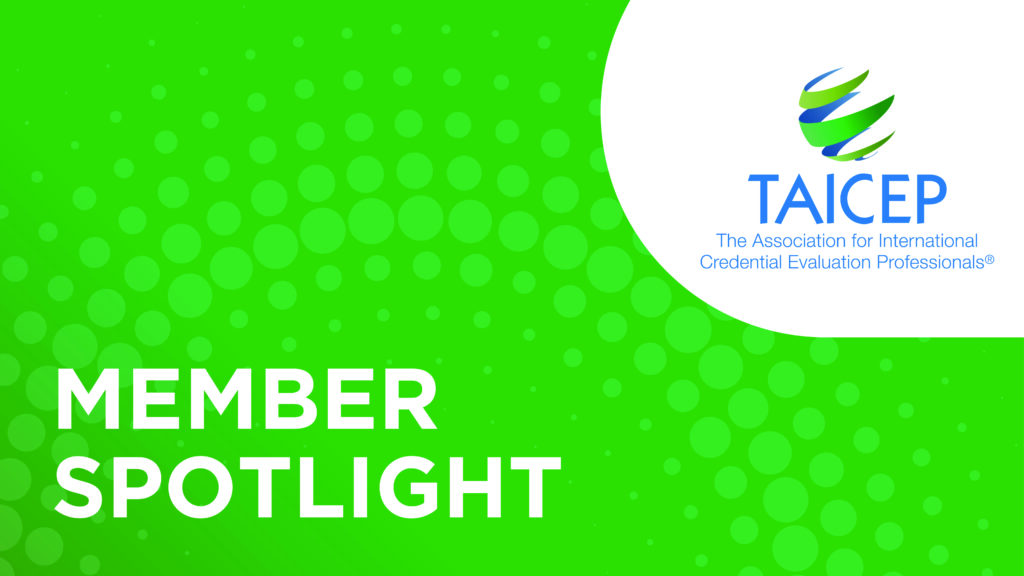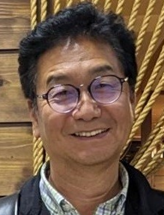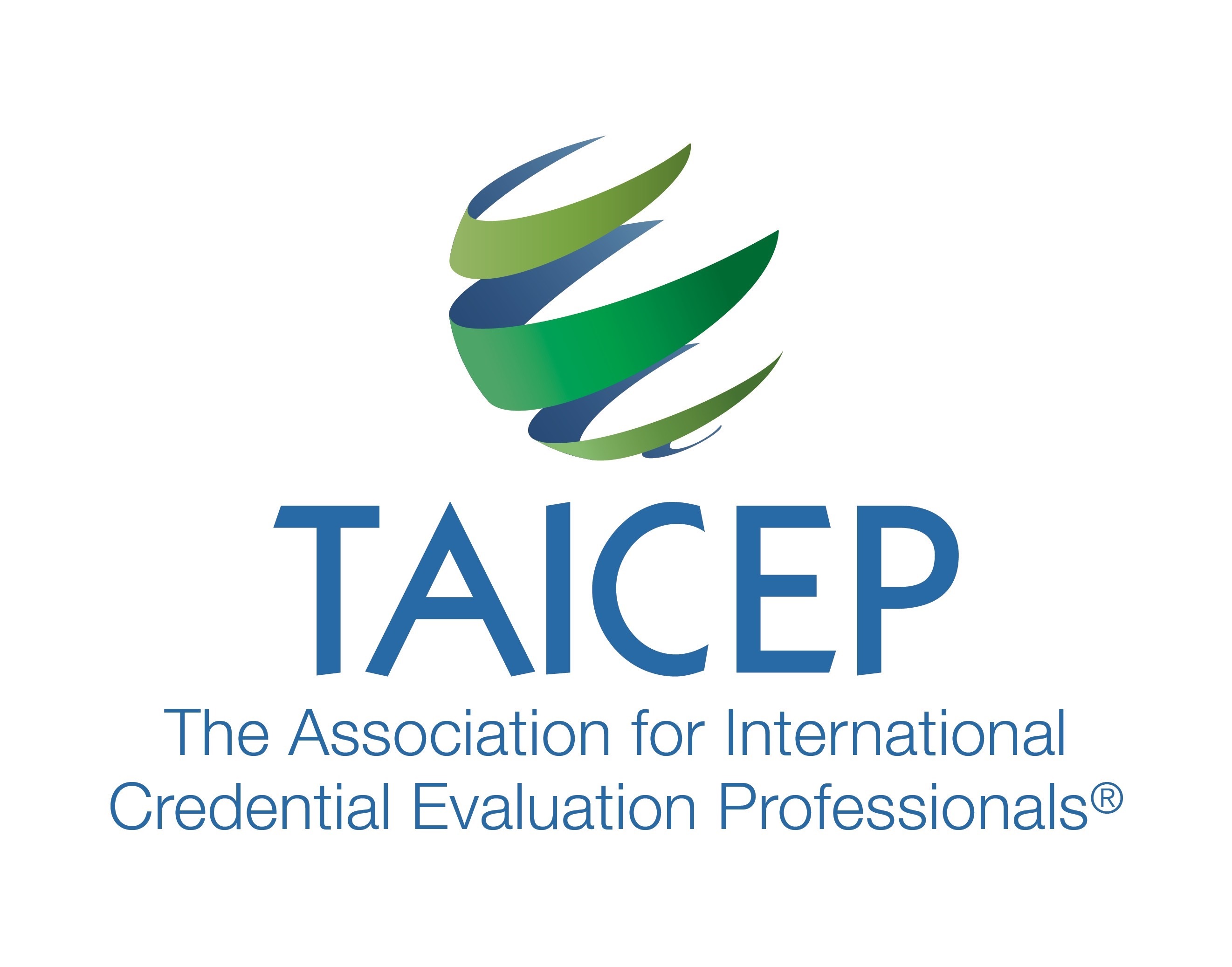
Thank you for inviting me as the first interviewee of the TAICEP Talk Newsletter. I am not sure if I am qualified for that, though.
First, let me explain why I associate with TAICEP, since my situation differs greatly from many other people in TAICEP. I was a professor at a university and was in charge of student mobility programs and projects for almost three decades. However, I had no work experience as a credential evaluator. I retired on March 31st.
In 2020, I was appointed the first executive director of the National Information Center for Academic Recognition Japan (NIC-Japan) by the National Institution for Academic Degrees and Quality Enhancement of Higher Education (NIAD-QE), a major QA agency of higher education in Japan. NIC-Japan was established by the Japanese government as a partial fulfillment of conditions as a signatory member state towards UNESCO’s AsiaPacific Regional Convention on the Recognition of Qualifications in Higher Education, the so-called “Tokyo Convention.”
So, I had a mission to establish the NIC-Japan as an information center of higher education both domestically and internationally. Since higher education institutions are doing international credential evaluation (hereafter ICE) of students, NIC-Japan is responsible for providing full support for them to improve their ICE capacity. So, my answers below are not exactly answering your questions.
Who do you turn to with questions or difficult credentials?
Our biggest dilemma is that many higher education institutions lack ICE professionals for their international admission. However, (1) the size of their international student enrollment tends to be small, and (2) they tend to give entrance exams in Japanese on campus directly. So they can still determine the academic performance of candidates.
Now, the Japanese government asks higher education institutions to expand the size of international student enrollments. So, it may be the time for Japan to start accepting international students by examining their academic credentials through direct admission from overseas. If this happens, many universities need practical training of their staff members on ICE.
As a senior advisor of NIC-Japan, my current mission is to design some capacity-building activities of ICE for our higher education institutions.
Including myself, we (Japanese international credential evaluators) do not have any organization where we can ask for advice on difficult credentials in Japan. Thus, NIC-Japan will try to establish such a network domestically in the future. I am now seeking some assistance from overseas organizations, such as TAICEP.
Other than looking at education credentials, what else does your job involve each day?
Since the NIC-Japan is a center under the supervision of the NIAD-QE, I am also involved in the intergovernmental project to establish some aligned standards for student mobility in the Asian region. Moreover, I am also serving as a director at Large for TAICEP. Thus, I try to liaise between TAICEP and other organizations and networks for further development of various collaborations among them. As a third mission, I work for AACRAO to provide some country profiles of educational systems for the AACRAO-EDGE.
How much pressure do you feel to “get it right” with credential analysis, and where do you turn to relieve that stress?
I constantly feel stressed since the current three missions at NIC-Japan, TAICEP, and AACRAO are very important. In many cases, I have no confidence to be successful because all those missions are new to me. My weakest and most stressful situation is that I do not have any work experience as a professional international credential evaluator. The more I work, the more I realize that I must somehow get real work experience at some organization of ICE in the world. Otherwise, it is difficult for me to design and provide effective practical training to Japanese and other Asian higher education institutions in the future. However, I do not know how to get such work experience remotely from Japan. As for my relaxation, I love sports. So, I created free time for some light exercises in the morning. I shifted all my work in the afternoon. So, I can relax and refresh every morning and then work in the afternoon. Moreover, I also love to play tennis with my 12 year old son during weekends.
Do you have a favorite credential story?
Unfortunately, I do not have any story to share with you since I do not yet have work experience as an international credential evaluator.
However, the biggest shock/surprise to me after associating with TAICEP is how much fraudulent practices are being done worldwide with advanced technology. I was scared by attending those workshops and concerned about future Japanese and Asian higher education.
By the way, I love “Wayback Machine.” That is a very interesting site. (Ha ha ha)

Taiji Hotta, Ph.D.
Senior Adviser, NIC-Japan
Visiting Professor, National Institution for Academic Degrees and Quality Enhancement of Higher Education
Resource person, ACCRAO EDGE
Director at Large, TAICEP
Full Edition:
